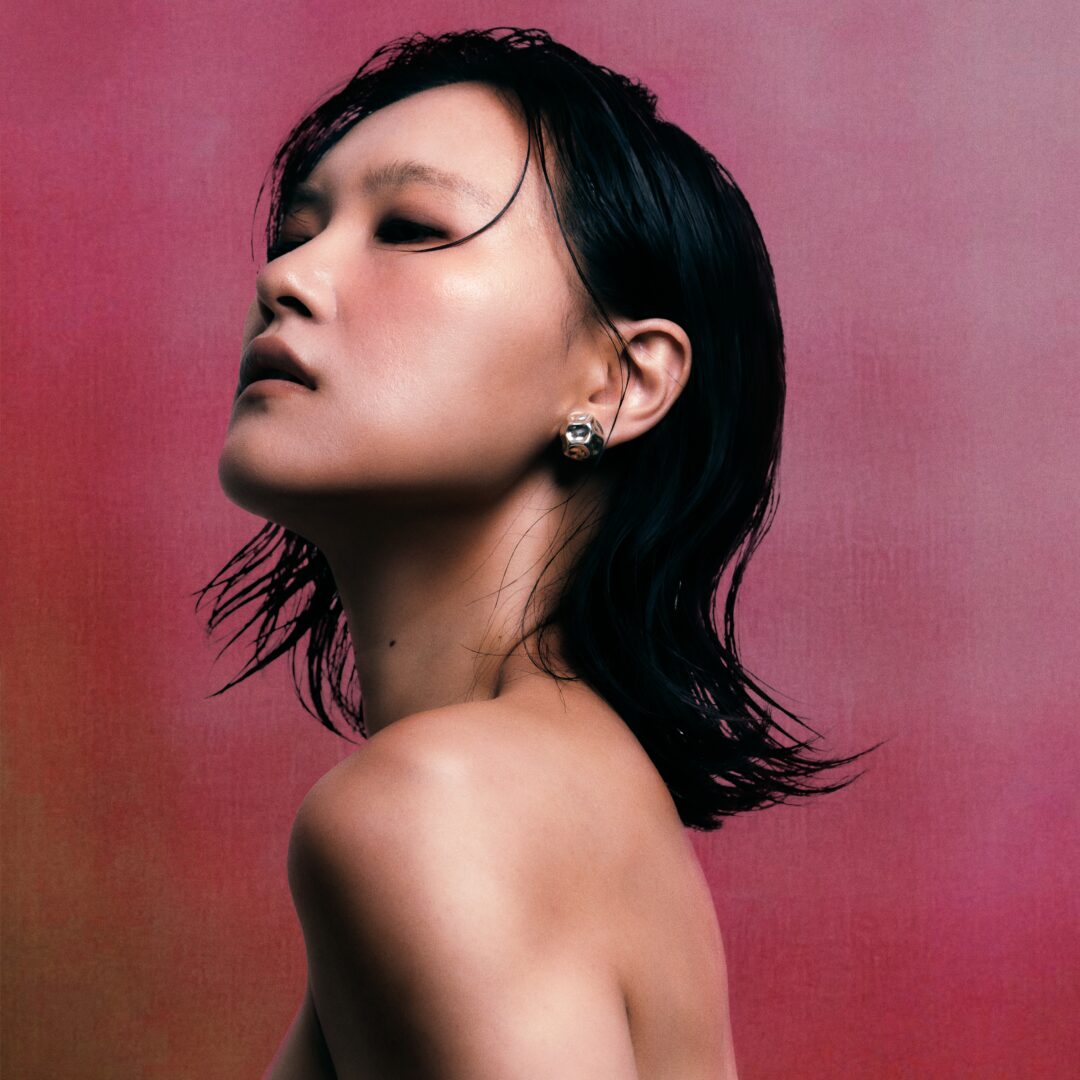Alright – so today we’ve got the honor of introducing you to Adai Song. We think you’ll enjoy our conversation, we’ve shared it below.
Hi Adai, thank you so much for opening up with us about some important, but sometimes personal topics. One that really matters to us is overcoming Imposter Syndrome because we’ve seen how so many people are held back in life because of this and so we’d really appreciate hearing about how you overcame Imposter Syndrome.
When I first started posting my roughly mixed original songs online in 2017, I wished one day to lead the production of a full album professionally. After gaining some attention and eventually signing with a label, I was given the resources to make an album—but my first instinct was to look for a middle-aged male producer who “looked like he knew what he was doing.”
That reflex wasn’t accidental. In my music learning journey—whether it was songwriting or audio engineering classes in college—all of my instructors were male. I had unconsciously learned to associate authority and credibility in this industry with a male figure. So for my first album, I hired a male producer exactly as I imagined. But in the process, something important happened: I couldn’t help but show my way of producing. I constantly asked him to explain what he was doing and why, and how I want certain parts to sound, almost as if I was secretly training myself to step into that role.
That experience became the foundation for The Bloom Project—my latest album, which I produced myself. Of course, it was not a solo project; I had the privilege of working with incredible talents who helped bring my vision to life. But unlike in the past, this time I took the initiative to select collaborators for each song based on what would best complement my own skills and creativity.
For example, I arranged all eight songs on the album, with seven of them featuring different co-arrangers or co-producers. For Wuxi Tune, a track rooted in UK Garage, I invited Yuanming Zhang to creatively manipulate the recordings I had made with featured artist and jazz arranger Siyi Chen. The result was a set of wild, unexpected instrumental effects that pushed the track into new sonic territory. For Wild Thorny Molihua, I knew SHI would be the perfect collaborator because of her expertise in blending Chinese ensemble textures with electronic beats. The same was true for Electron and Jack Choi, who each brought their own unique perspective to the arrangements. For post-production, I was fortunate to team up with Rachel Alina and the brilliant mixers at New Music Engineering to bring the masters to perfection. I had the greatest time bouncing files back and forth with these creative people over the past year, shaping the songs until they sounded better and better.
Producing this album and intentionally bringing together the right people for each piece proved that I no longer needed external validation to bring my music to life. What once felt like “imposter syndrome” transformed into the recognition that the authority I had always projected onto others was already within me.
Thanks, so before we move on maybe you can share a bit more about yourself?
I’m a singer, producer, songwriter, and DJ who works at the intersection of Chinese music traditions and global electronic sounds. My artistic career began in 2017, when I started posting my original songs online. That journey led to a record deal with a Chinese company and opportunities to place my music in video games, TV shows, and films. Over time, my practice has grown into a way of fusing history, identity, and technology through sound. What excites me most is creating bridges between past and present, East and West, acoustic and digital, and showing that voices like mine can help shape the sound of the future.
My latest release, The Bloom Project, is a feminist reinterpretation of shidaiqu (Shanghai jazz-pop of the 1930s–40s) through EDM and Chinese traditional instruments. It’s both deeply personal and cultural: reclaiming women’s voices in music history while pushing Chinese-language pop into a new sonic zone. I produced the album with carefully chosen collaborators, and for me, that independence and authorship are just as important as the music itself.
Beyond the studio, I’m also an educator and researcher. I teach, write, and am now pursuing a PhD at the University of Virginia, where I focus on sound, technology, and female authorship and production in music. My goal is to build a career that moves fluidly between artistic innovation and critical scholarship, always amplifying stories and sounds that deserve to be heard.
Looking ahead, I’m excited about bringing The Bloom Project to live stages and continuing to connect with audiences who resonate with this blend of tradition and experimentation.
Looking back, what do you think were the three qualities, skills, or areas of knowledge that were most impactful in your journey? What advice do you have for folks who are early in their journey in terms of how they can best develop or improve on these?
1. Curiosity & Self-Learning
When I started, I didn’t have a roadmap for becoming a producer; I just had questions. That curiosity pushed me to ask “why” at every stage: why this mixing choice, why that chord progression, why a certain sound works. Over time, that mindset built both my confidence and my technical fluency. My advice: don’t be afraid to ask questions, experiment, and keep teaching yourself even outside of formal education. The best producers are lifelong learners.
2. Resilience & Self-Trust
The music industry still projects authority onto certain figures, often male producers, which can trigger doubt. Learning to trust my own ears and instincts was a turning point, especially while making The Bloom Project. My advice: you will inevitably feel like an outsider at times, but treat that as a chance to carve out your own voice rather than conform to someone else’s idea of authority.
3. Cross-Cultural & Interdisciplinary Thinking
What excites me most is building bridges: between Chinese and Western traditions, acoustic instruments and electronic production, scholarship and artistry. That perspective is what makes my work distinctive. My advice: lean into whatever intersections are unique to your background—whether cultural, musical, or personal. They can become the foundation of your signature sound or artistic identity.
One of our goals is to help like-minded folks with similar goals connect and so before we go we want to ask if you are looking to partner or collab with others – and if so, what would make the ideal collaborator or partner?
One thing I’ve learned about myself is that I’m a starter — I generate ideas and lay down structures and arrangements quickly, but I thrive when I work with finishers who bring strong follow-through and detail orientation. In music, that often means collaborating with people who are meticulous in polishing arrangements, mixing, or execution, while I focus on the bigger picture and overall vision, setting up the structure for a song or a project. I see this balance not as a weakness but as a strength: it allows me to build teams where each person contributes their best qualities. As I move forward with new projects beyond The Bloom Project, I’m excited to keep finding collaborators who can fill in the gaps, elevate the frameworks we create together, and help turn bold ideas into finished, lasting work.
Contact Info:
- Website: www.adaisong.com
- Instagram: www.instargram.com/iamadaisong
- Linkedin: https://www.linkedin.com/in/adaisong/
- Other: Spotify (main persona): https://open.spotify.com/artist/3qYbpNdU8ahCjy2d8is30I?si=wF7HkqS5R_Sb9HcODQabXA
EDM persona: https://open.spotify.com/artist/55VaIsleULhPpTsyj1oY2f?si=oyLgD18xQHi18faSmUy7DQ
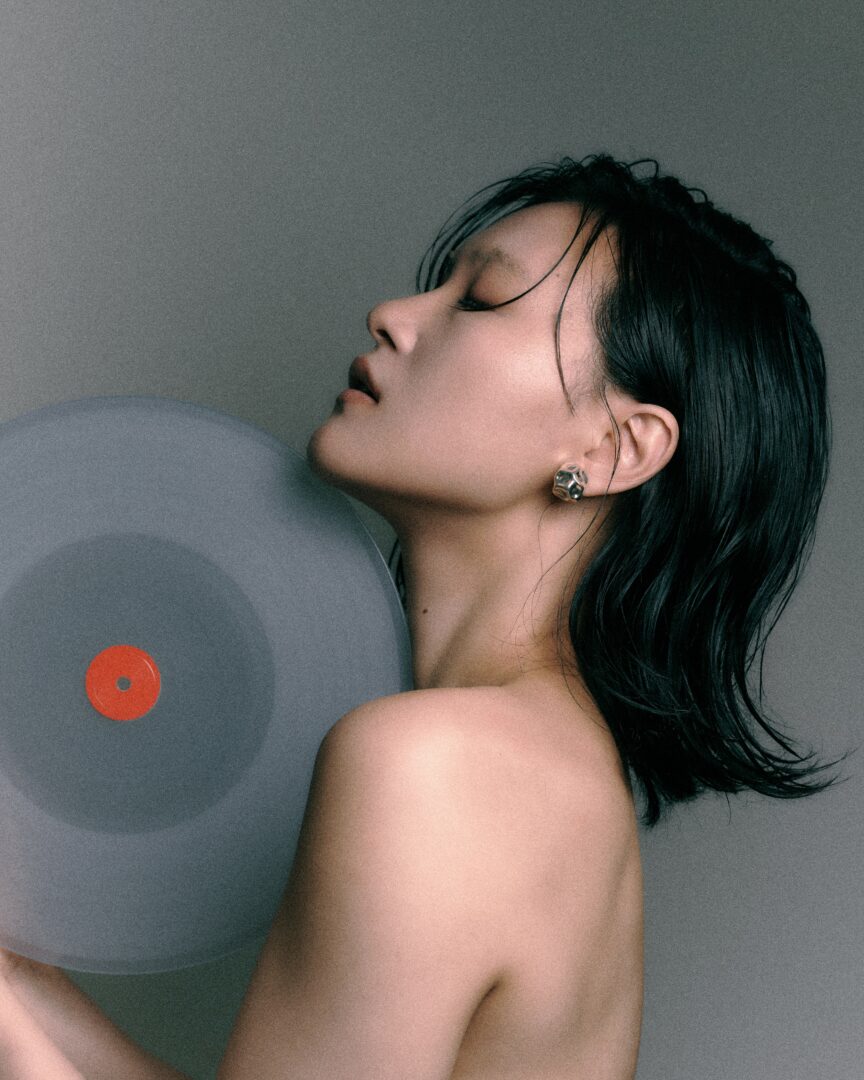
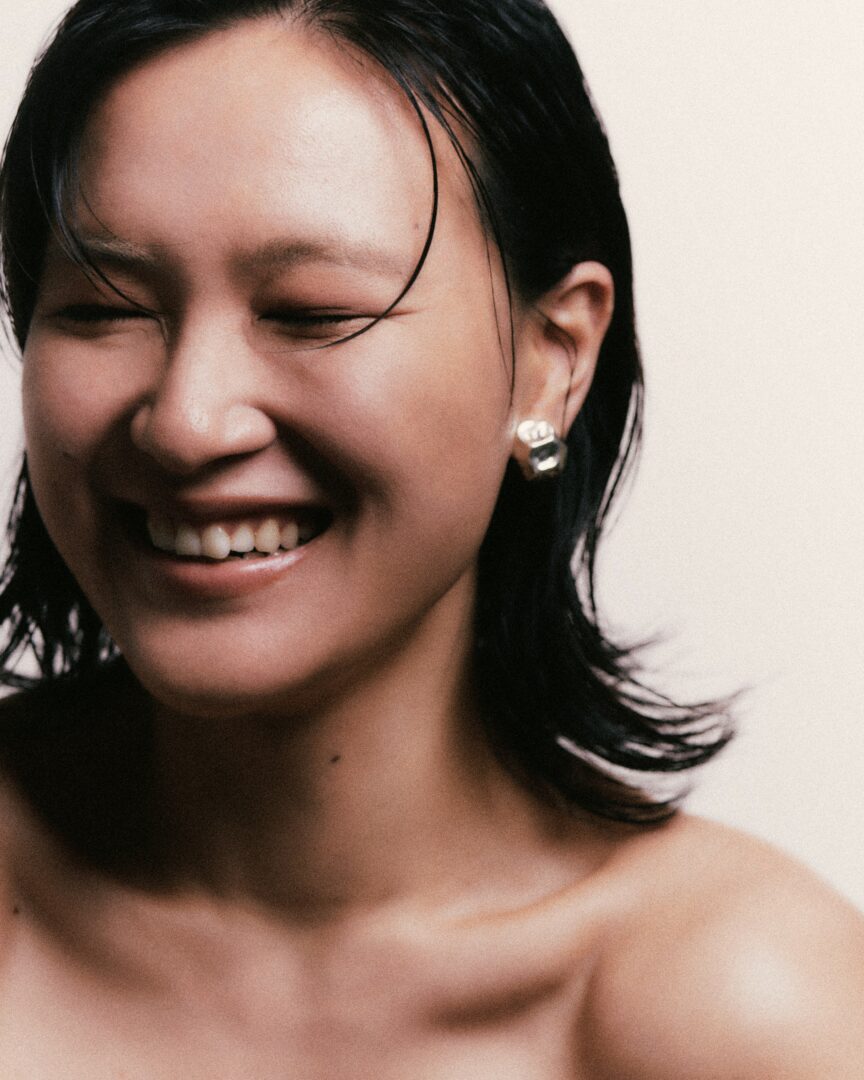
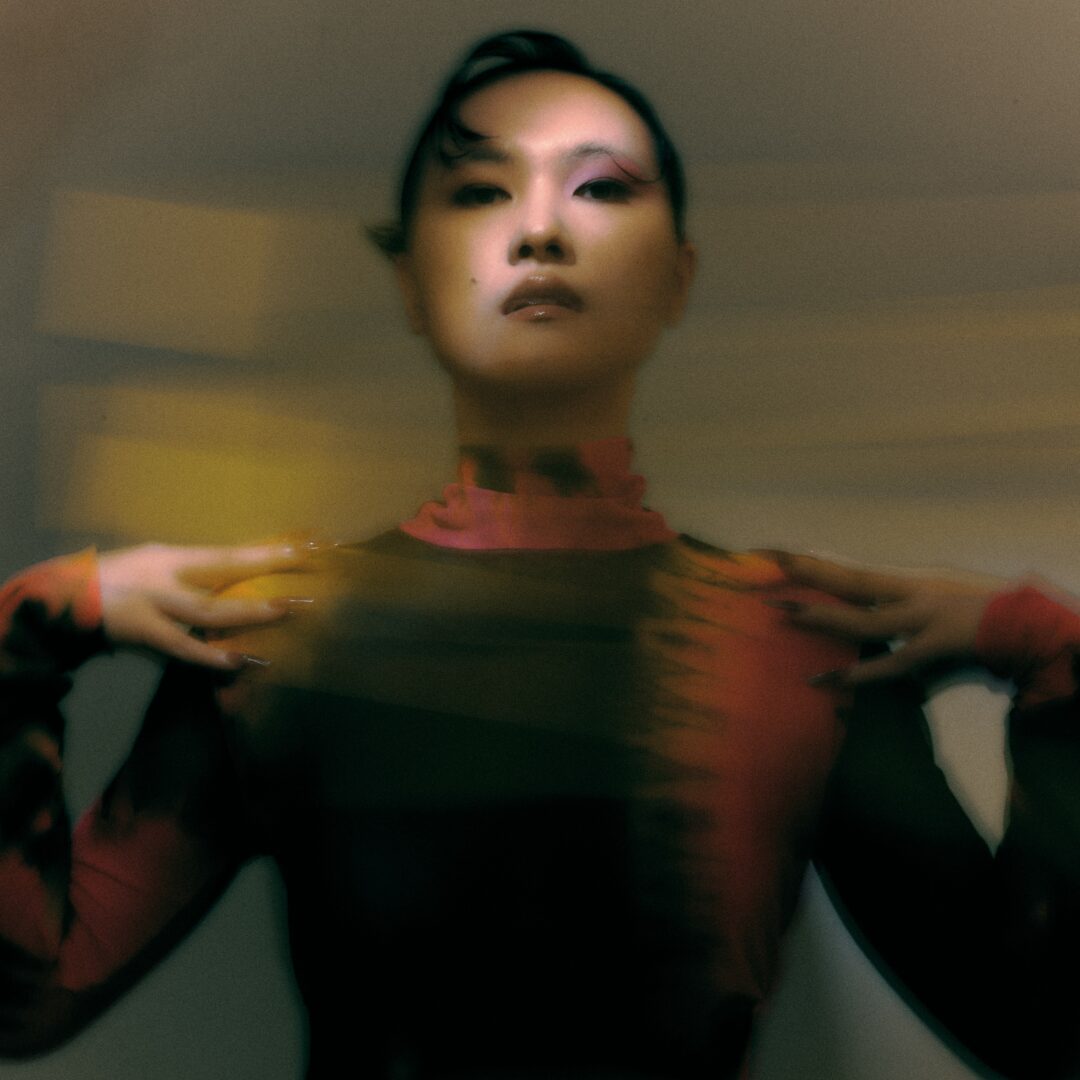
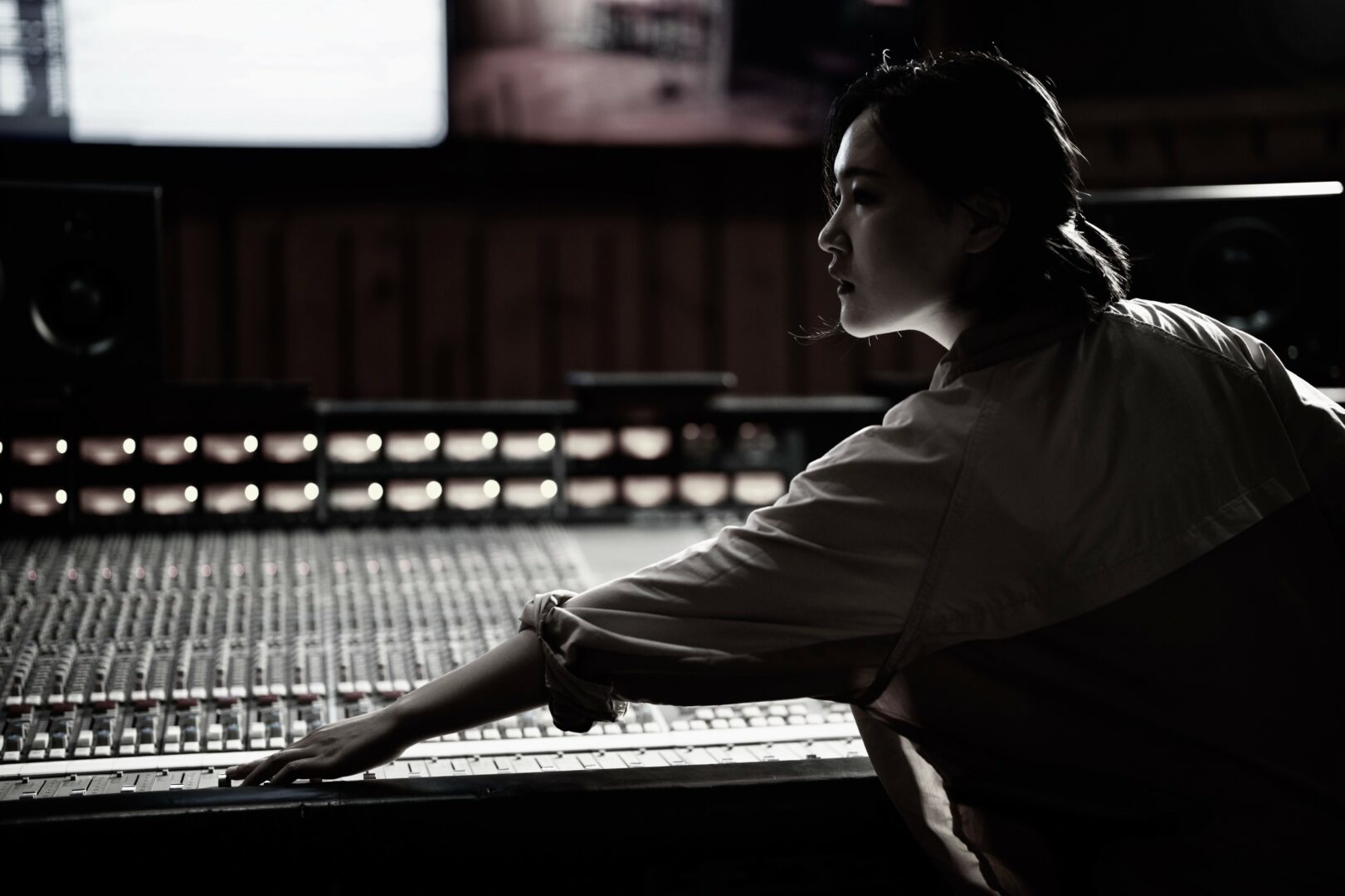
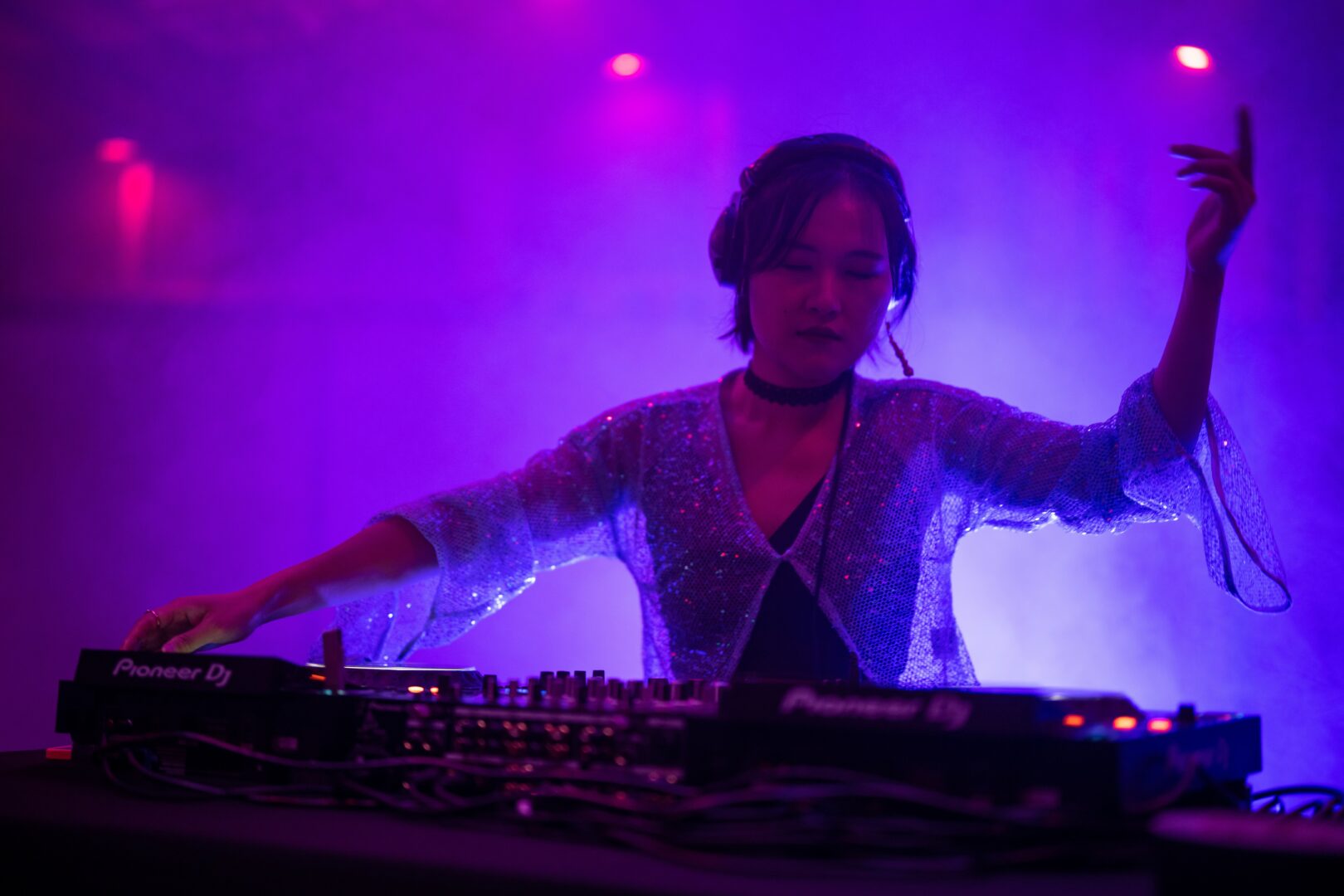
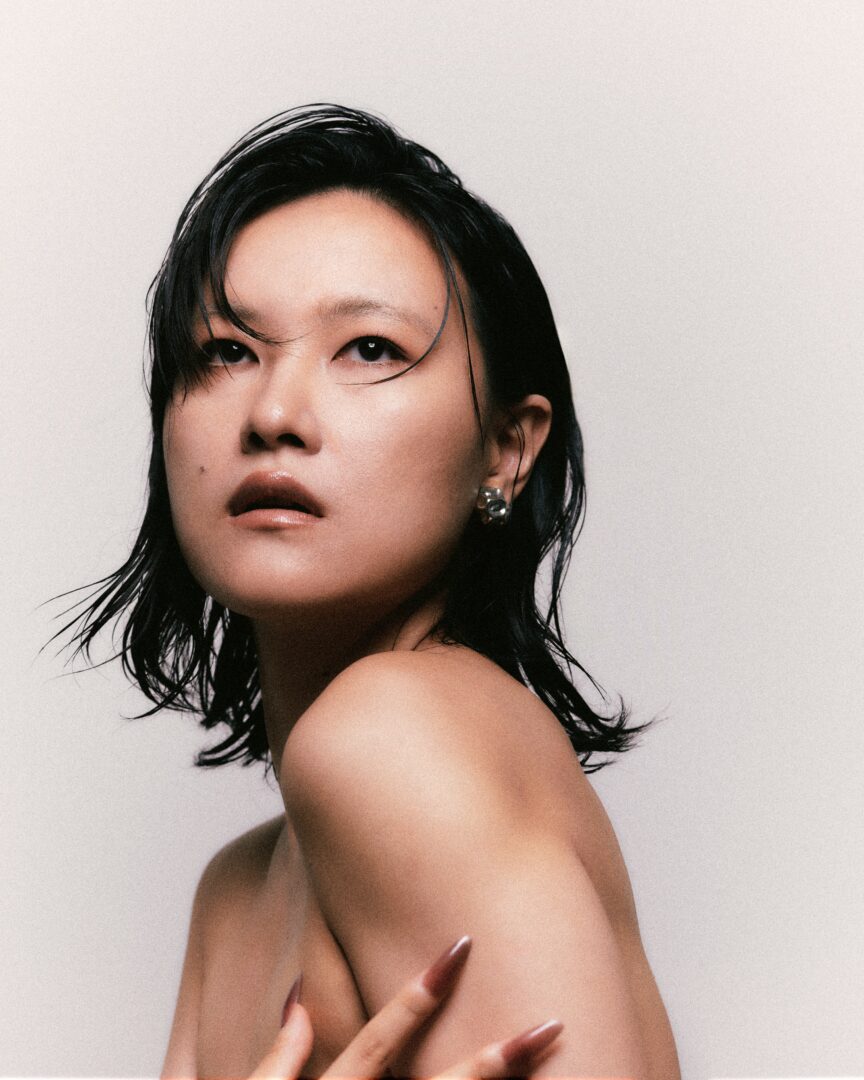
Image Credits
Photography: Cassie Zhang, Ryan Nava
Makeup Artist: Kevin Cheah

